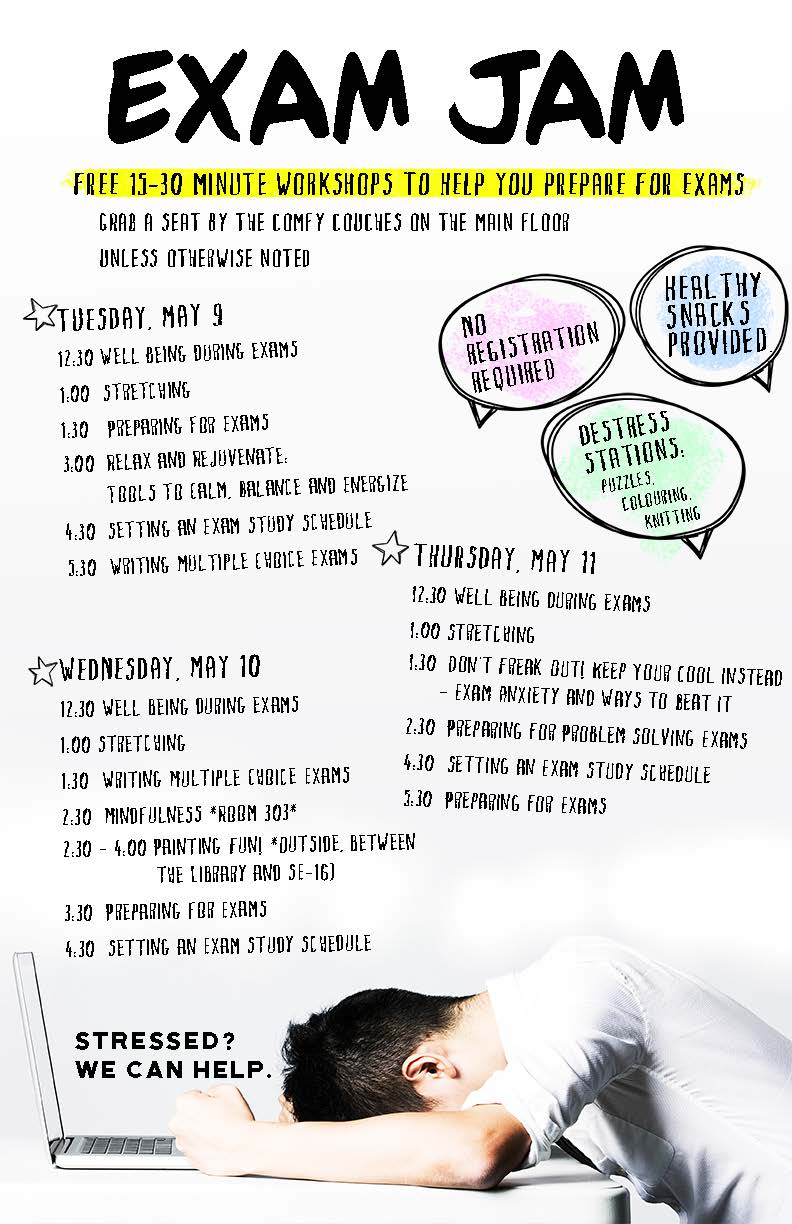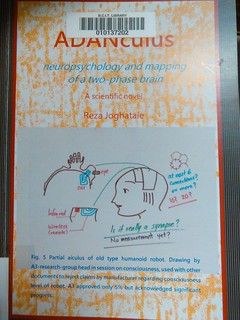BCIT Library now has access to the ASME Digital Collection.
From The American Society of Mechanical Engineers this collection houses the most current and relevant content in mechanical engineering and related engineering fields, such as medical device research, energy resources, and nuclear engineering. It includes 28 journals, 185 eBooks and hundreds of conference proceedings.
Basic keyword and advanced searching is available, as well as over 30 Topic Collections curated by ASME, including subjects such as Aerospace Industry, Biomedical Engineering, Boiler & Pressure Vessels, Careers, Computer Aided Design, Environmental Engineering, Robotics and Mechatronics and Transportation. Check them out!!
Students, faculty and staff can access this collection directly at https://go.openathens.net/redirector/bcit.ca?url=http://www.asmedigitalcollection.asme.org
* note you will be required to login with your A# and password if you are off campus.










